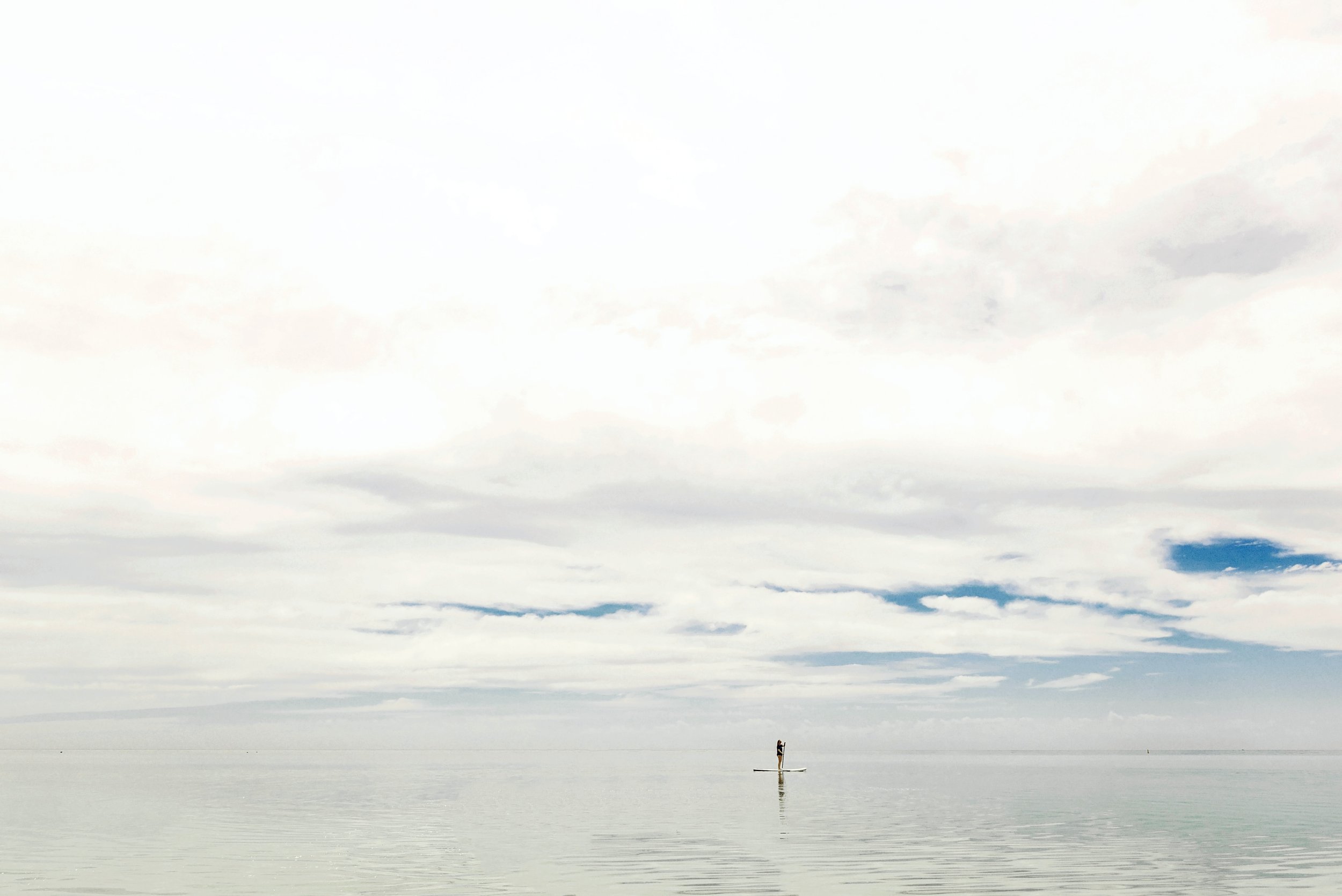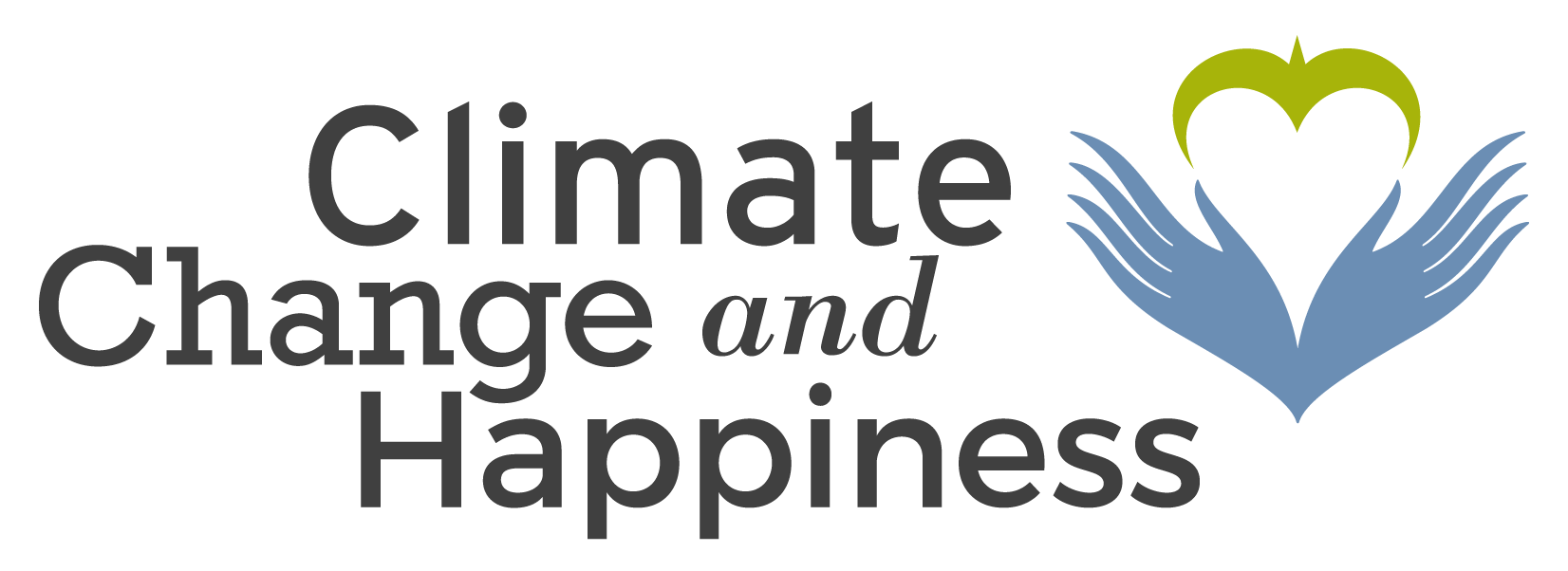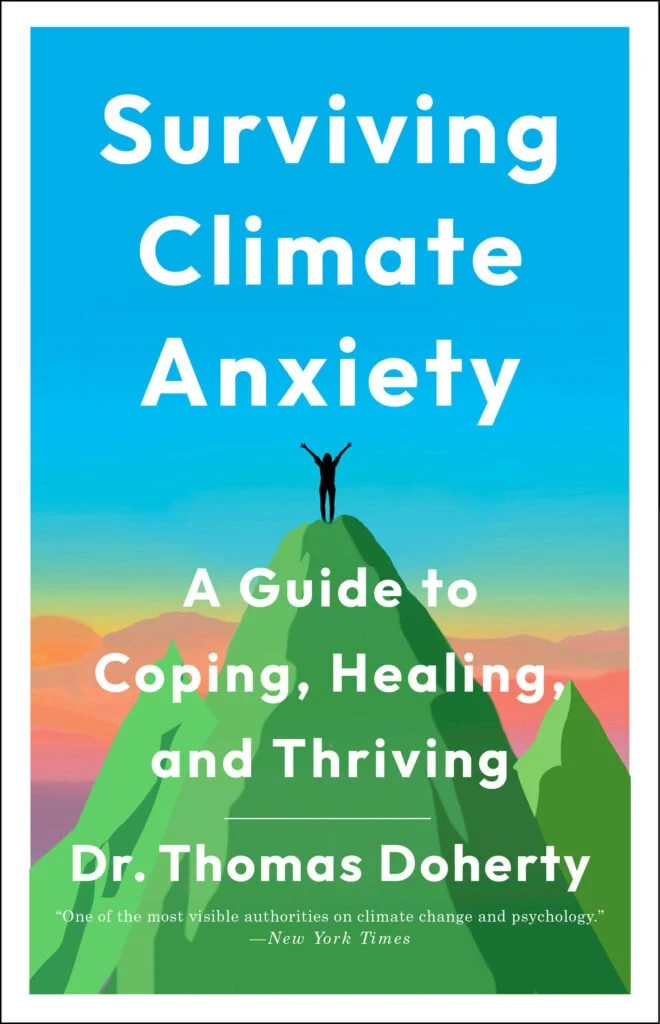
An international podcast that explores the personal side of climate change.
If you appreciate the conversations on the Climate Change and Happiness podcast, be sure to pre-order Dr. Thomas Doherty’s book SURVIVING CLIMATE ANXIETY. Inside you’ll find gathered insights and strategies learned throughout his career in an engaging and accessible format.
Whether you're new to the experience of climate distress or a seasoned environmental veteran—you'll find something useful you can take with you for now and the long haul.
Publishing October 7th in hardcover, ebook, and audio.
Available for preorder now wherever books are sold.
Amazon | Barnes & Noble | Bookshop | Apple
Advance praise for the book . . .
Dr. Thomas Doherty is no stranger to suffering, but he continues to believe in the possibility to flourish, even in dark times. This book integrates a life-long exploration of wisdom to practical tips about how to live amidst climate change and other socio-environmental crises. As an eco-anxiety scholar and workshop leader, I warm heartedly recommend this volume.
— Panu Pihkala, Ph.D., one of the world’s most cited eco-anxiety researchers and Climate Change and Happiness co-host
“Doherty is a calm and wise companion through the labyrinth of feeling that more of us are confronting as the planet changes . . . likely to become a mainstay for people encountering climate anxiety.”
— Anya Kamenetz, author, The Stolen Year
For people around the globe who are thinking deeply about the personal side of climate change, particularly their emotional responses and their feelings.
Most of you around the world recognize the dangers of human-caused climate disruptions and their impacts on you, through disasters and the ripple effects, or simply due to the profound emotional weight of the issue. But there are few safe forums to reveal one’s feelings about climate change. We invert the paradigm. Here we are open about our climate emotions, as humans and from our perspectives as researchers and climate psychology experts. We put language to what you feel about the climate crisis—and also what you might want to feel, feelings you can grow and cultivate. This supports your resilience and your mental health and wellbeing. We invite other experts to join us in our conversations, and we hope you can join us too.
















